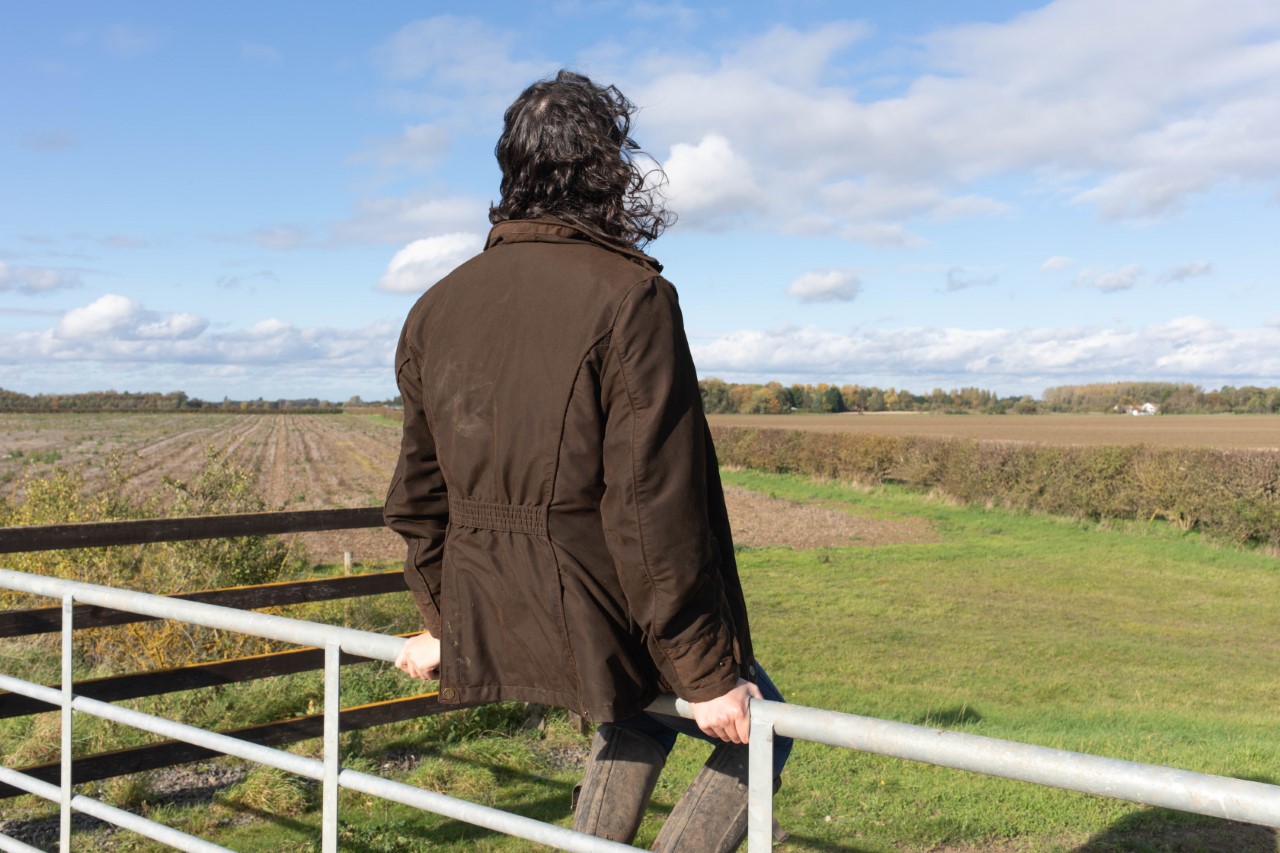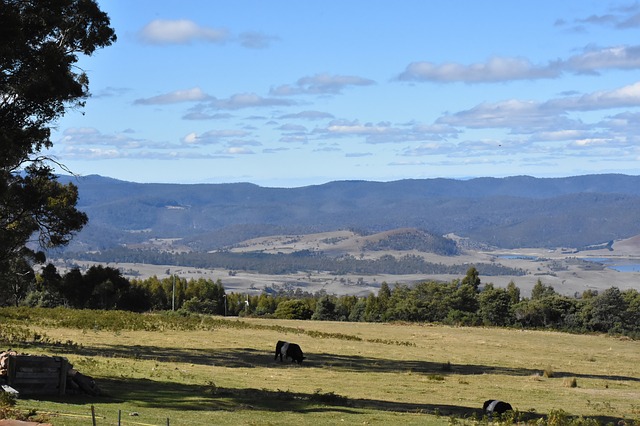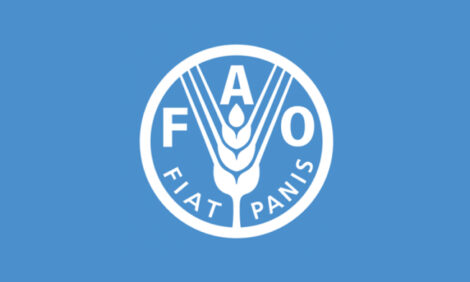



NFF Australia prioritises trade, labour regulations and climate readiness in proposed budget
Farmers have provided a detailed list of what Government can do to propel the sector’s contribution to Australia’s COVID-19 economic recovery and to support a continued prosperous future.Headlining the NFF’s 2021-2022 pre-budget submission is a call for Government to invest in the development of a long-term agriculture trade strategy.
“Recent disruptions will cost the industry $36.9 billion this decade,” CEO Tony Mahar said.
“To counter these headwinds, a long-term trade strategy that deepens access to existing markets, diversifies export destinations, improves supply chains, and builds domestic value-adding capabilities is a must.”

“Biosecurity is also key to maintaining and expanding our export markets. Alarmingly, our current system risks not being up to the job, without adequate investment in its expansion and modernisation.
“The ongoing COVID-19 pandemic has demonstrated the wrecking ball effect a biosecurity outbreak can have. The cost of a single outbreak of disease or pest has been conservatively estimated to exceed $50 billion.”
A critical lack of farm workers continues to constrain agriculture’s growth and the perennial shortage has been exasperated by COVID-19 border restrictions. The NFF’s pre-budget submission puts forward a holistic workforce package to address the challenge.
Mr Mahar said right now the Government had a one in 100-year opportunity to put serious investment and strategic planning towards the revitalisation of regional Australia.

“The NFF is backed by other leading industry voices in our call for the development of 20 place-based development precincts across Regional Australia. And, key to regional Australia reaching its potential is access to quality telecommunications. We’re asking for more than $400 million over the forward estimates to expand mobile phone services and to support regional Australians in getting connected.
Mr Mahar said agriculture also required Government support to contribute to the nation’s emissions reduction task.
“The sector backs an economy-wide aspiration of net zero emissions by 2050, provided it is economically sound and government policy is not unnecessarily detrimental to the industry.
“Investment in RD&E that supports better understanding of climate impacts and opportunities is critical to support adaptation and mitigation processes,” Mr Mahar said.
See the NFF’s 2021-2022 Pre-Budget Submission here.


